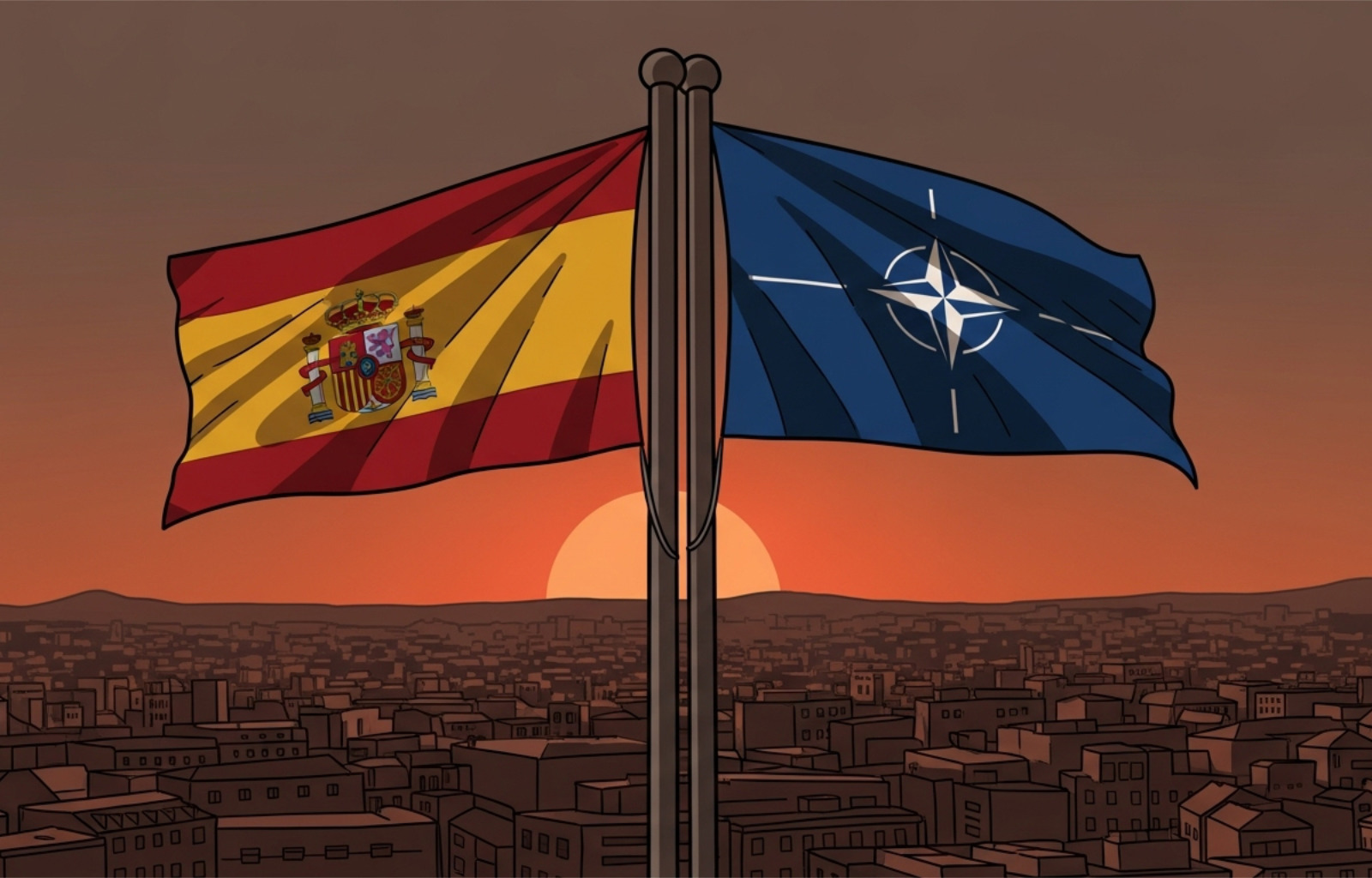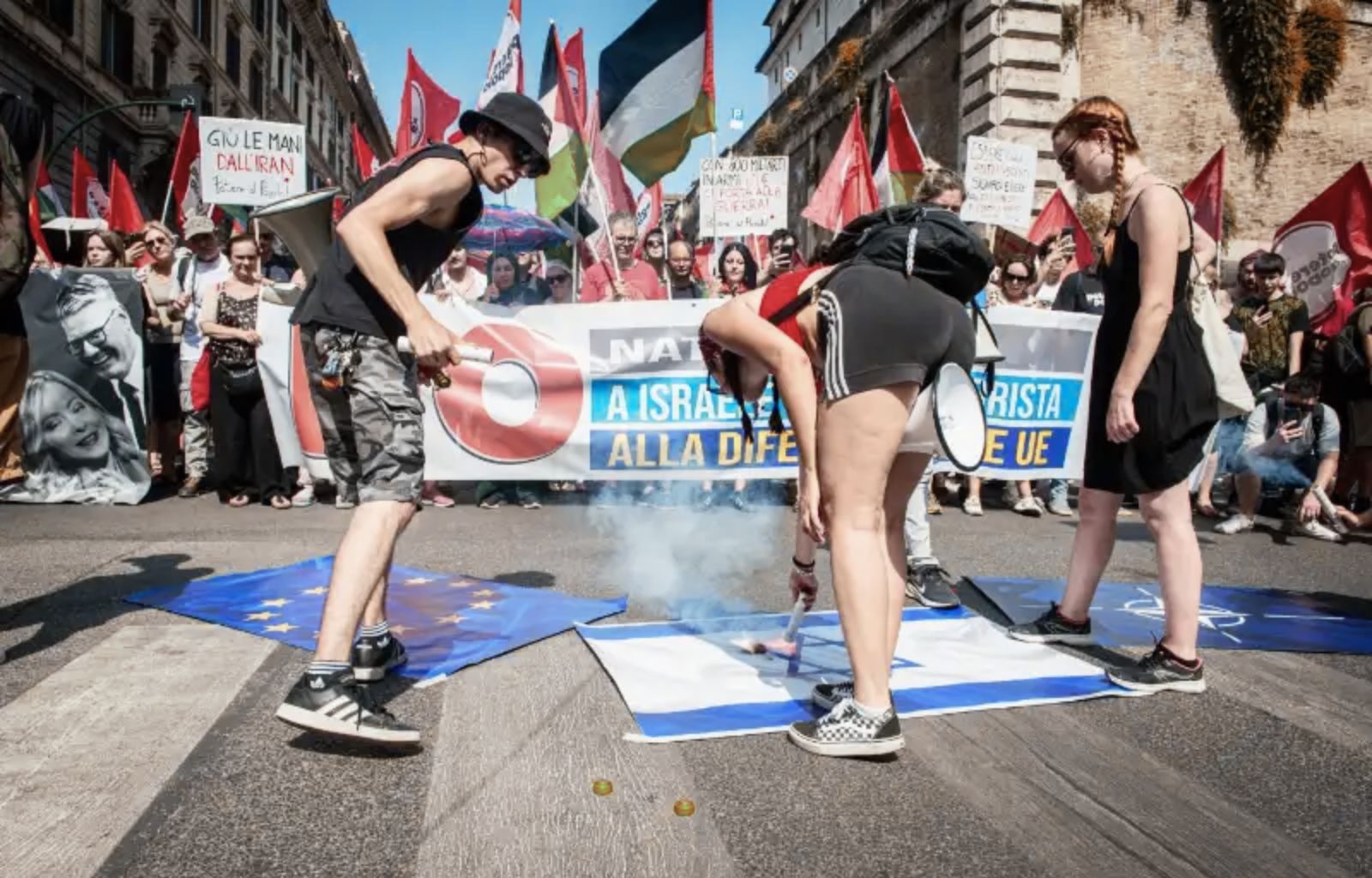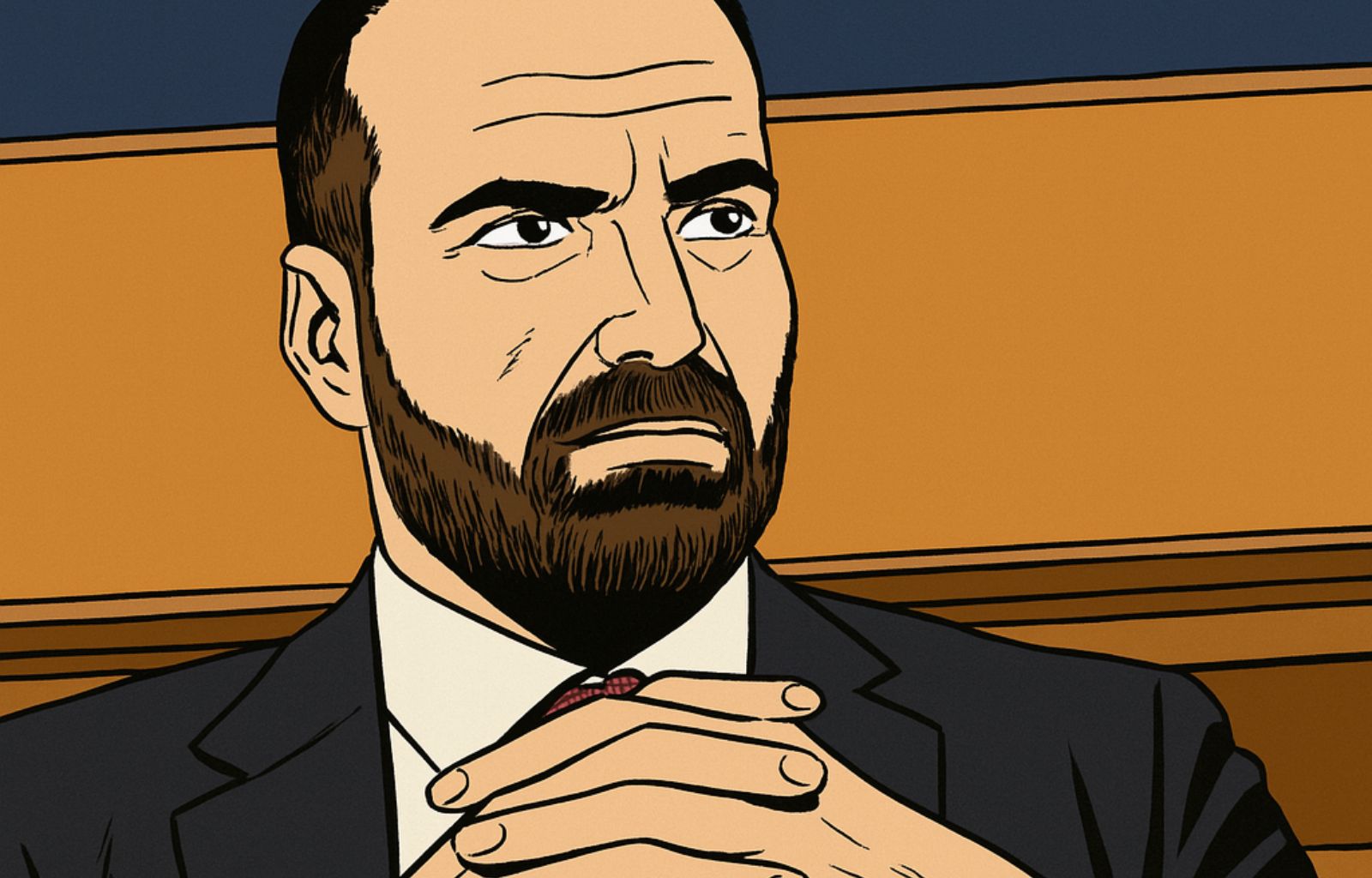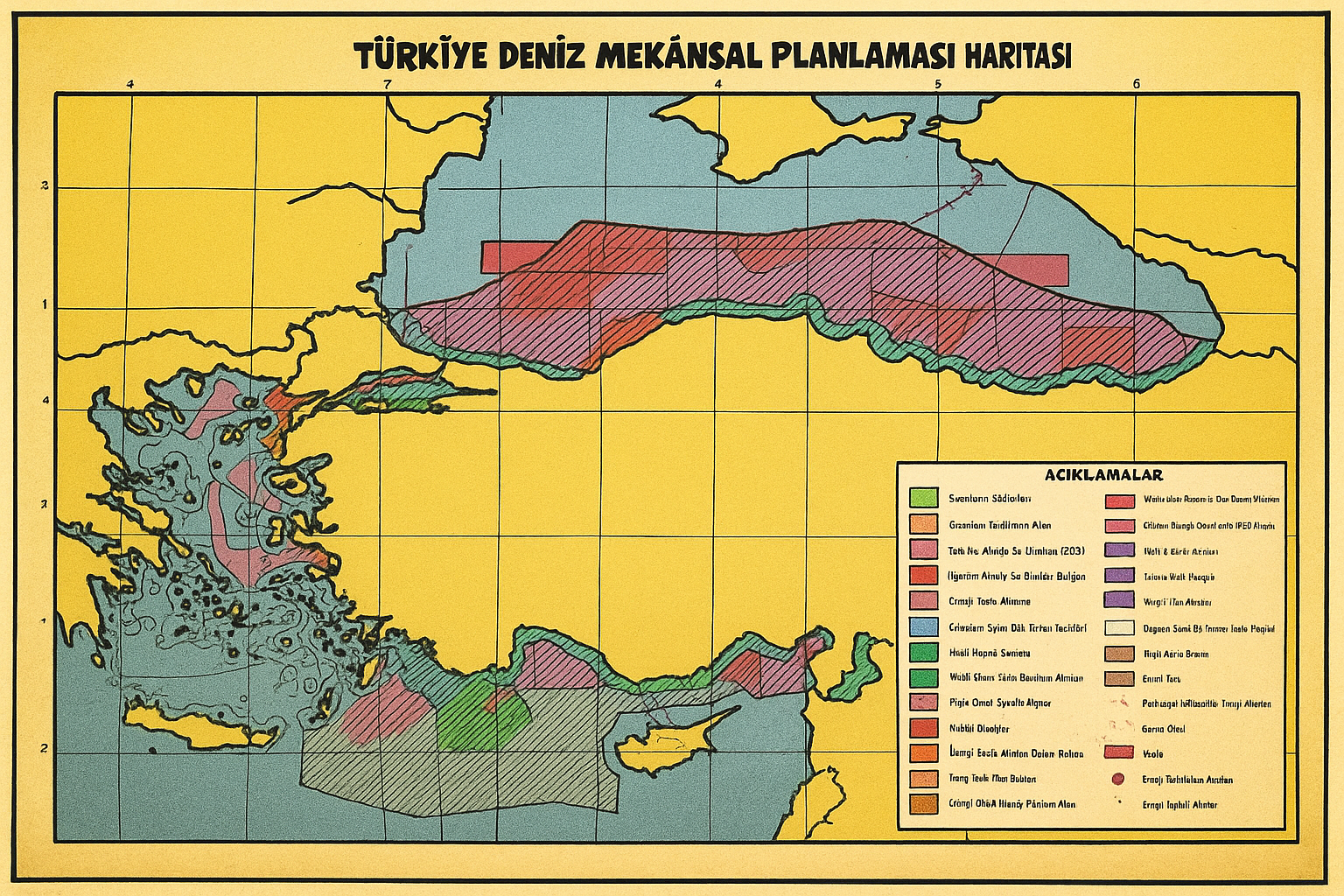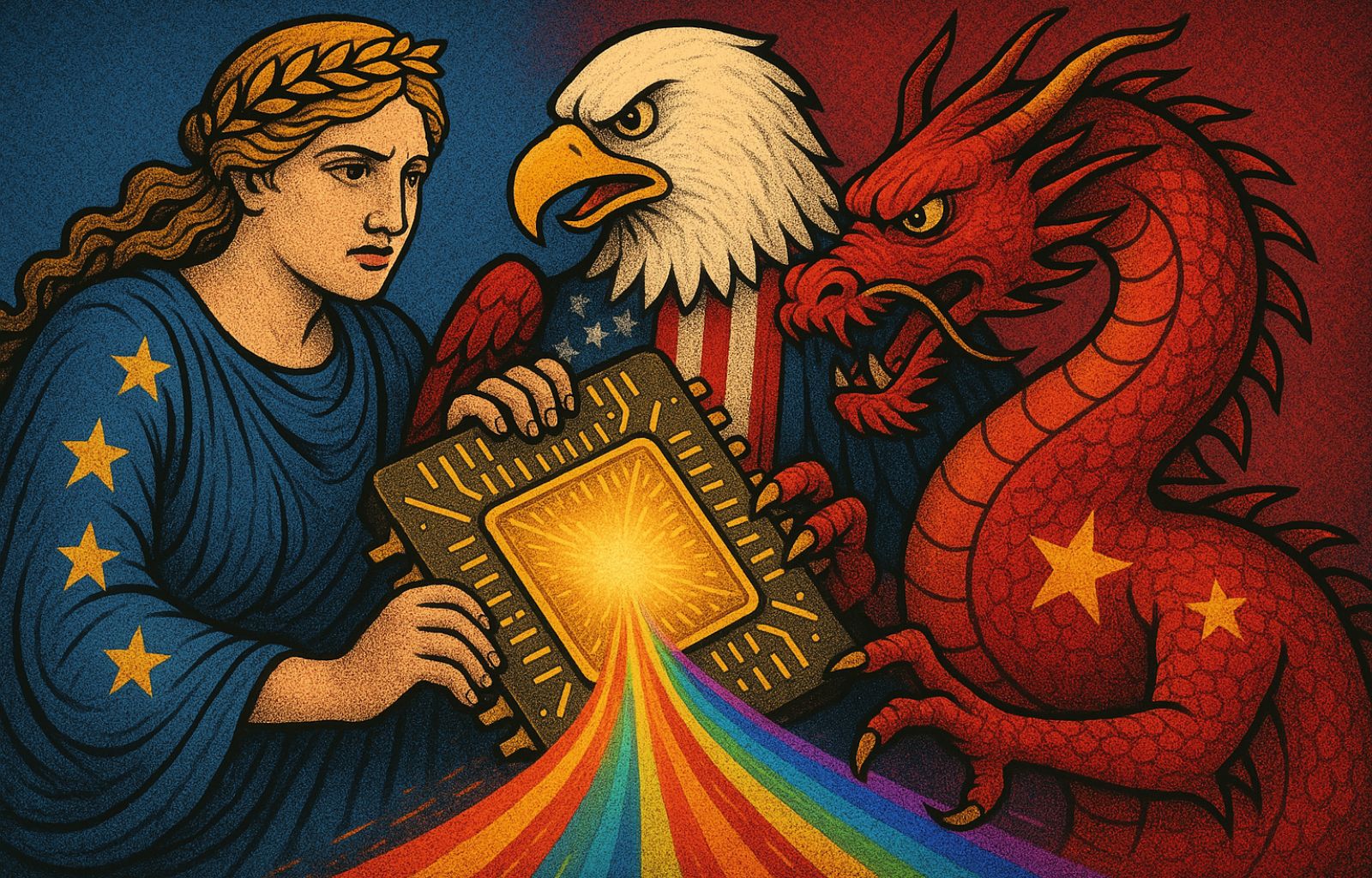Turmoil in Madrid. Sánchez’s game between NATO and Congreso

In the last few days, Spanish Prime Minister Pedro Sánchez has come under the spotlight at European and global level for his clear refusal to commit Trump to raising military spending to 5 per cent of GDP, as requested by the US president, calling such an effort unsustainable and incompatible with the Spanish social and economic model.
But is the Spanish prime minister really opposed to increasing defence and security spending a priori ? Or is he using the issue to solve domestic political problems and shift the focus to such a delicate and sensitive topic, thus recomposing his supporters in the Cortes? To answer this question we need to understand what has been happening in Madrid in recent months.
The fragility of the Sanchez government
The Sánchez III government is based on an unprecedented alliance between PSOE (the premier’s own socialist party), Sumar (a party to the left of PSOE), Podemos (Pablo Iglesias’ former party) and a number of Catalan, Basque and Canary Island independence parties . In particular, it relies on the support of the Junts party, the right-wing Catalan party led by Carles Puigdemont, with the aim of granting the independence leaders amnesty following the 2018-2019 Catalan independence attempts.
Already from the composition of the executive and the parliamentary majority that supports it one understands the fragility of the Sánchez government, or as its opponents would say, the ‘Sánchez system’ that has been reproducing itself to perpetuate itself in power since 2018.
In this regard, a video from 2019 in which Albert Rivera, former leader of the liberal Ciudadanos party, denounced in Parliament Sánchez’s plan to keep himself in power forever, calling it a real ‘Plan Sánchez’, has gone viral again.
The latest scandals in the PSOE
Alongside this fragility, corruption scandals have hit the magic circle of the PSOE and PM Sánchez hard in recent months. The first allegations to emerge in 2024 concern an alleged plot tobuy masks during the pandemic, with inflated prices, shoddy products and illegal bribes. The investigation, called ‘Operation Delorme’ and conducted by the Guardia Civil, also involves rigged public tenders and money laundering through shell companies.
Prominent among those arrested in this judicial strand is Koldo García, political advisor to the PSOE and core of the network, accused of criminal conspiracy, influence peddling and corruption.
A second scandal concerns José Luis Ábalos, former Minister of Transport and key man of the PSOE, who is under investigation for influence peddling, corruption and embezzlement, in connection with García.
The judicial escalation that makes the government tremble
The most serious scandal that strikes at the heart of the Sánchez government concerns Santos Cerdán, former organisational secretary of the PSOE, right-hand man of the president and number three in the party. He is under investigation as an alleged perpetrator of organised crime, corruption and influence peddling. According to the indictment, he allegedly ran a bribe ring worth at least EUR 620,000 in exchange for public contracts, pocketing around EUR 5 million. Cerdán was remanded in custody in prison on 30 June because he is alleged to have altered, concealed or destroyed evidence.
The arrest is a heavy blow for Sánchez, both because Cerdán has been at the heart of many of the premier’s governmental and party activities and because he was the architect of the current government, having negotiated theamnesty agreementfor Catalonia with Puigdemont in particular. Added to this is the fact that Pedro Sánchez’s brother, David Sánchez, is on trial for alleged influence peddling and abuse of office related to a regional public office.
What is Pedro Sánchez doing in the meantime? Strongly denying direct involvement, he dismissed Cerdán by launching an internal audit, with the promise never to leave the Moncloa palace to prevent the right wing from returning to government.

The political developments of the Sanchez government crisis can basically lead to three different practical implications:
The PM’s Plan A: resistance to the bitter end
Sánchez remains in office. He defies the opposition, in particular the Partido Popular led by Feijóo, with the aim of reaching the natural end of the legislature in 2027, preventing the right wing from coming to power.
However, both the parties to his left, Sumar and Podemos, and the independents are raising doubts about the president’s integrity and the idea of continuing until 2027. All allies will raise demands, and here the NATO issue and the need to unblock the Catalan amnesty law, which can no longer be postponed, come into play.
In the meantime, PP Secretary General Feijò, committed to his re-election to the party leadership, instructed the group leader in parliament to hold talks with Sánchez’s allies, in particular PNV, ERC and Podemos, to prepare a no-confidence motion. To date, however, these talks have produced no results.
Worst case scenario for Sanchez: resignation
If the premier’s resistance does not last long, the institutionalisation of the government crisis would loom, with two possible ways out:
- The PSOE and the left-wing civil society are pushing Sánchez to resign, with the aim of forming a new socialist government with the same allies but a different president, to end the legislature and relaunch the party, cleansing it of scandals, ahead of the 2027 elections and pass a tough anti-corruption law. This position is supported by, among others, the writer and intellectual from the socialist area Javier Cercas, who calls Sánchez’s eventual resignation “his greatest political and human victory.”
- Early elections, with Sánchez playing a new ‘all in’ as in the last consultations, to avoid a no-confidence motion. However, this is the most risky option, because polls give the Partido Popular a 33-35% lead, against the 27-29% attributed to the Socialists. In this scenario, the extreme right-wing VOX is also growing, which is between 14 and 16% and is increasingly popular among the very young.
We will see in the coming weeks how this will play out. From an international perspective, however, we can make one point: Sánchez’s move in NATO should be read not so much from an ideological anti-militarist perspective, but according to internal logic.
It is evident that the Prime Minister has used the international proscenium to sweep the dust under the carpet at home, attempting in extremis to recompose the majority, eventually leaving the ‘hot potato’ to his successors. Sanchez’s fate seems sealed as of today, but woe betide him if he is easily given up for dead, because one thing is certain, the Iberian leader will not give up the umpteenth ‘resistencia da manual’ this time either.

